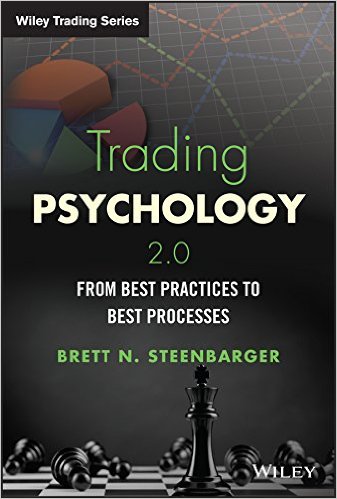“Technical analysis, I think, has a great deal that is right and a great deal that is mumbo jumbo…
“There is a great deal of hype attached to technical analysis by some technicians who claim that it predicts the future. Technical analysis tracks the past; it does not predict the future. You have to use your own intelligence to draw conclusions about what the past activity of some traders may say about the future activity of other traders.
“For me, technical analysis is like a thermometer. Fundamentalists who say they are not going to pay any attention to the charts are like a doctor who says he’s not going to take a patient’s temperature. But, of course, that would be sheer folly. If you are a responsible participant in the market, you always want to know where the market is — whether it is hot and excitable, or cold and stagnant. You want to know everything you can about the market to give you an edge.
“Technical analysis reflects the vote of the entire marketplace and, therefore, does pick up unusual behaviors. By definition, anything that creates a new chart pattern is something unusual. It is very important for me to study the details of price action to see if I can observe something about how everybody is voting. Studying the charts is absolutely crucial and alerts me to existing disequilibria and potential changes.”
– Bruce Kovner, Market Wizards
Bruce Kovner pulled billions out of the markets, over multiple decades, before handing the reins of his fund, Caxton Associates, to the next generation of traders.
As an academic in a past life, Kovner was known for his deep dive fundamental analysis — but he also used charts extensively, as the Market Wizards excerpt shows. (more…)

 1. Discipline, while necessary for success, is never sufficient. Discipline does not substitute for skill, talent, and insight. Strict, disciplined adherence to mediocre plans can only lock in mediocre results. If it were otherwise, there would be no losing automated trading systems.
1. Discipline, while necessary for success, is never sufficient. Discipline does not substitute for skill, talent, and insight. Strict, disciplined adherence to mediocre plans can only lock in mediocre results. If it were otherwise, there would be no losing automated trading systems.
